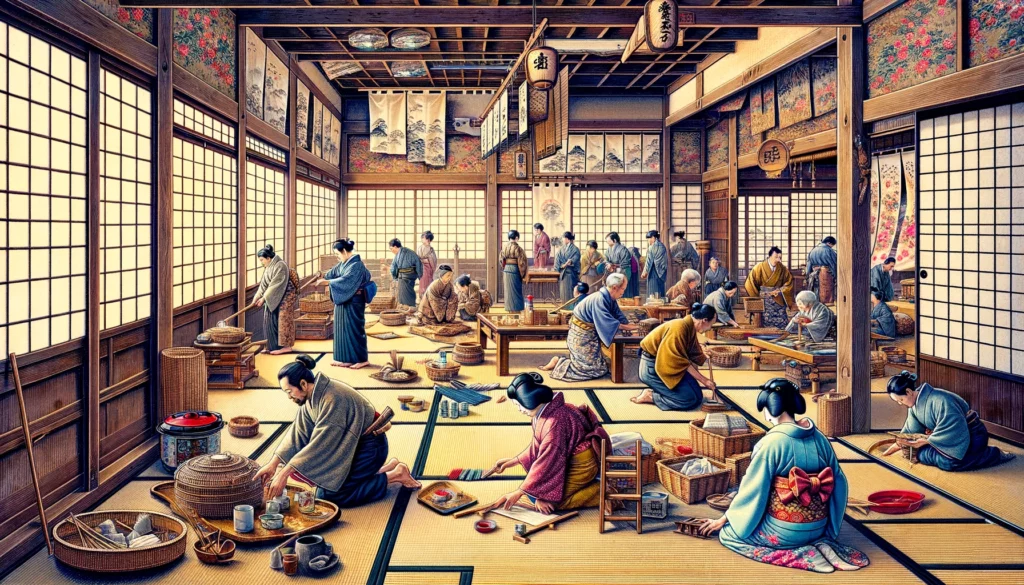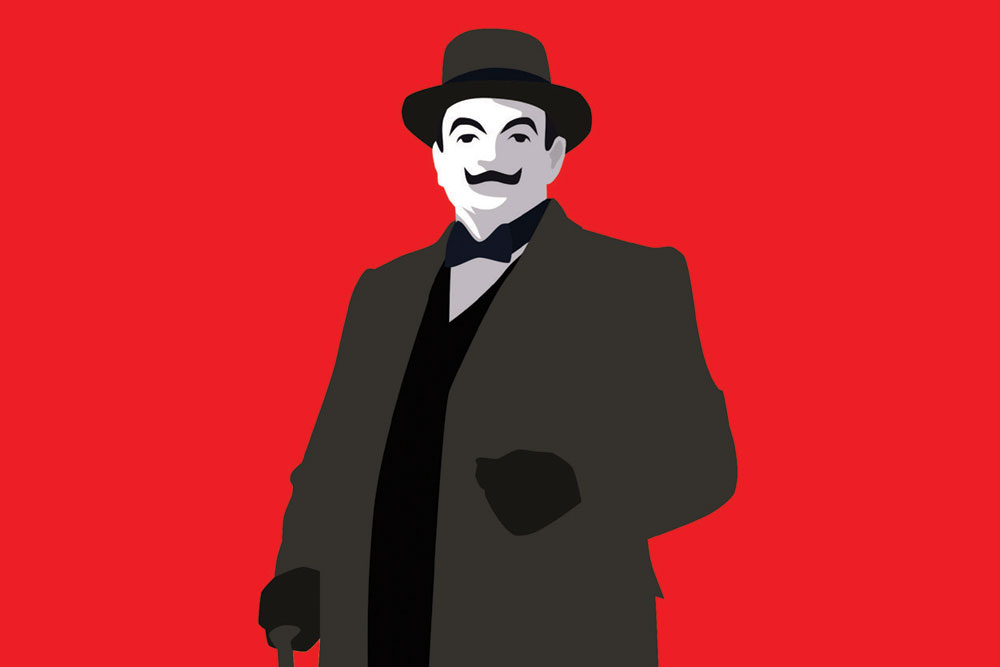

Does your CEO (or yourself) clean the toilets?
The samurai (侍) word means “servant” or, better said, “one who serves the nobility”. Often this meaning is forgotten when referring to the caste of the Japanese warriors, emphasizing all the warlike qualities that have distinguished them, and also ignoring all their excesses. Everyone wants to be modern samurai, a brave and ruthless warrior, who wins on the modern battlefield of the business world, using books and classes full of advice on how to interpret bushido and the aforementioned Sun Tzu and Musashi’s works in the professional field. But the “service” part is forgotten or left in the background. Too bad, because it is one of the key parts to apply. Be at the service of young and old ideals without becoming fanatics, be at the (paid) service of a company, be at the service of the customers, and be at the service of the employees. How many, especially in the command posts, do it? It is easy to be at the service of those above us in the hierarchy, and confuse service with servility. But how many remember that they are at the service of their subordinates too?
“I declare before you all that my whole life whether it be long or short shall be devoted to your service and the service of our great imperial family to which we all belong.” Princess Elizabeth speech on her twenty-first birthday, 21 April 1947


How many fill their mouths with company values, vision, goals, ethics, and above all, leadership? It’s a pity that, in the face of facts, these things are not only beautifully forgotten, but the fundamental things, like respect, are not even implemented, and the only thought is turned to revenues and personal gain. The working world is unfortunately full of abusive behaviors that poison internal cooperation, and ruin relationships with customers. And the responsibility for this type of situation always lies with those who occupy the top steps of the corporate hierarchy.
“In my opinion, the state of mind of a community is always directly due to the influence of the man at the top.”1 Agatha Christie


This was written by Agatha Christie in 1936 and it is valid today more than ever. One of the tasks of a good boss is to create a work environment that is as peaceful as possible, and perhaps the best way to do this is not so much to fill the office with memos or motivational phrases but to engage in person and lead by example. In one of the first iaido seminars I attended, I learned an essential lesson about what the example given in the first person can do. At the end of the first day of practice, while all of us students were preparing to return to the locker room, the teachers began to clean the tatami, in silence and without asking any of us to help them. Other fellow practitioners and I stopped to observe them and immediately imitated them. In a short time, the tatami was clean and we had learned the right way to behave. Of course, on the following days, we students competed to clean the tatami both before and after the lessons. I am left with this fundamental lesson from that seminar, which apparently has nothing to do with the use of the katana but which instead constitutes an essential part of how to be a “true samurai”.
In Japan, cleaning is called soji (掃除) and derives from Zen and Shinto rituals, closely related to purification ceremonies, and it’s not confined to the walls of the temples. For example, it is practiced in schools where students of all grades clean classrooms, common areas, and bathrooms. And, of course, it is done in the dojo by all practitioners at the end of each class. This practice is done to instill in the students a sense of responsibility and community (team building in company jargon) from an early age.
Following the Japanese tradition of o-soji (大掃除), towards the end of the year major cleaning was carried out in the dojo Fujimoto in Milan, Italy. The dojo was practically disassembled and every corner was cleaned, damaged parts were replaced and so on. All of us students and teachers participated in this collective work and of course Fujmoto Sensei2 was with us. The task he had carved out for himself, and which he did not want to delegate to anyone, was the cleaning of the toilets. It was certainly the most thankless task but it was what the Sensei (eighth dan of Aikido) wanted to accomplish, without accepting that others did it for him. Andrea Re Sensei
In the West, it doesn’t work the same way, especially in schools, and sometimes even in the dojo. How many of those, especially those who practice in shared spaces with other groups, happened to find the tatami dirty and consequently had to clean it before the lesson, losing precious time? And how many leave the practice space dirty after class? How many help with housework? And, at home and in the workplace, how many thank the people who care for our living spaces? How many thank who is, directly or indirectly, at our “service” (waiters, valet attendants, cashiers, cleaners, colleagues, employees, etc)? So, before continuing, does your CEO (or yourself) clean the toilets?
To be continued…
- “Murder in Mesopotamia” Agatha Christie (1936).
- Yoji Fujimoto Sensei was a key figure in the spread of Aikido in Europe. For those who want to know more: “The Sensei: About Yoji Fujimoto” Simone Chierchini and 3 more (2022).
